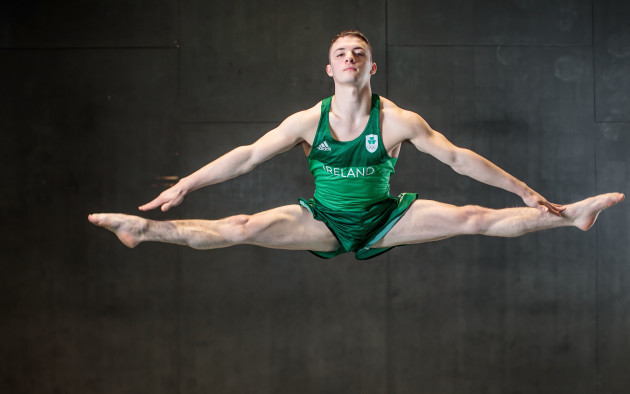Ireland’s leading Olympic hope may retire unless government relax rules
Two-time world rowing champion Sanita Puspure fears her hopes of gold in Tokyo could be ruined by lockdown policies.
by Garry Doyle
SHE IS ONE of Ireland’s biggest hopes for Olympic gold but Sanita Puspure fears her chances of getting a place on the podium in Tokyo are fading fast. While a degree of uncertainty still surrounds the prospect of next year’s Olympics going ahead, Puspure and Ireland’s other elite athletes are continuing to press ahead with their plans for next year’s Games.
However, those plans have been impacted by the government’s strict social distancing regulations.
As a result, the Olympic Federation of Ireland (OFI) today called for a number of minor exemptions to enable Ireland’s Olympic and Paralympic athletes to return to full training and travel beyond the 5km radius imposed by government. Thus far, the light from the Department of Health remains on amber rather than green.
When asked if a government relaxation of their social distancing regulations could be the difference between an Irish athlete winning or losing a medal in Tokyo, Puspure, 38 and world champion in the single scull in 2018 and 2019, said: “It could be the difference between an athlete retiring or not retiring.
“I am not going to say that it (the thought) never crossed my mind. I have wondered if I could handle another year, challenging yourself every day, training on the rooftop (of my home), staring at your reflection in the door.
“It is not easy especially as I have (her two) children (to raise). I know there are higher priorities at the moment (around the world) but it takes time for a boat of four (rowers) to gel. It takes weeks to get there. Then you have to try and do it at a higher speed. That takes skill and practice, practice, practice. You cannot get that level of progress on the rowing machine, it is not the same.
“If anything, you get bad habits from the (rowing) machine. Being on the water is just very important, not just because of the physiology that is involved in training but also the technical finesse that is needed.
“For me personally, this has been a nine-week break, the longest break from the water since I had my children.
“I’m lucky because I live near the training facility. But in my time away from the water, I lost form. I’m not as good, I’m not as fast. With each week an athlete is away from their training facilities, things get harder.”
To add to the difficulties is the fact that other nations have been allowed back training in the last two weeks. Ireland’s Olympics team, however, are still waiting on the green light from government officials.

Accordingly, Ireland’s Athletes’ Commission Chair, Shane O’Connor, fears medals could be lost unless there is a relaxation of the government rules.
“We definitely have Olympic medal potential – Sanita, Rhys (McClenaghan, the world bronze medallist in gymnastics), Natalya (Coyle, the two-time Olympic pentathlete), Kellie (Harrington, the world lightweight boxing champion) – all these could win medals as could many more,” O’Connor said. “We don’t want to look for special treatment, we just want a tweak of the laws. There are risks in athletes getting access to their training facilities again but they are low risks. These are athletes who are backed up by skilled staff who have medical background.
“We want the government to recognise the fact that everyone wants this to happen, and put in place the protocols in place to return to (their high performance facilities).”

O’Connor added: “Because our athletes cannot train, they may lose a competitive edge. We are doing these athletes a disservice by not giving them every chance.”
World class race walker, Brendan Boyce, said: “We need to show we are an open country and can allow athletes to train. If Premier League players are coming back to train in groups again, that shows the path can be opened up for others to come back.”
Sport Ireland are backing the OFI’s stance but there is a recognition that the Department of Health are swamped with requests from all aspects of society and business. “We just don’t want to be forgotten about,” said Olympics chief, Peter Sherrard. “It may be a blunt approach but we just owe it to our athletes to ask for help.”
Sherrard also expressed confidence that next year’s Olympics – postponed because of the Coronavirus – will proceed.
Sherrard said: “I’m an optimist. But I believe the Olympics can go ahead. The IOC have been planning, they have said from the start that it can’t happen in 2021 then it won’t happen.”